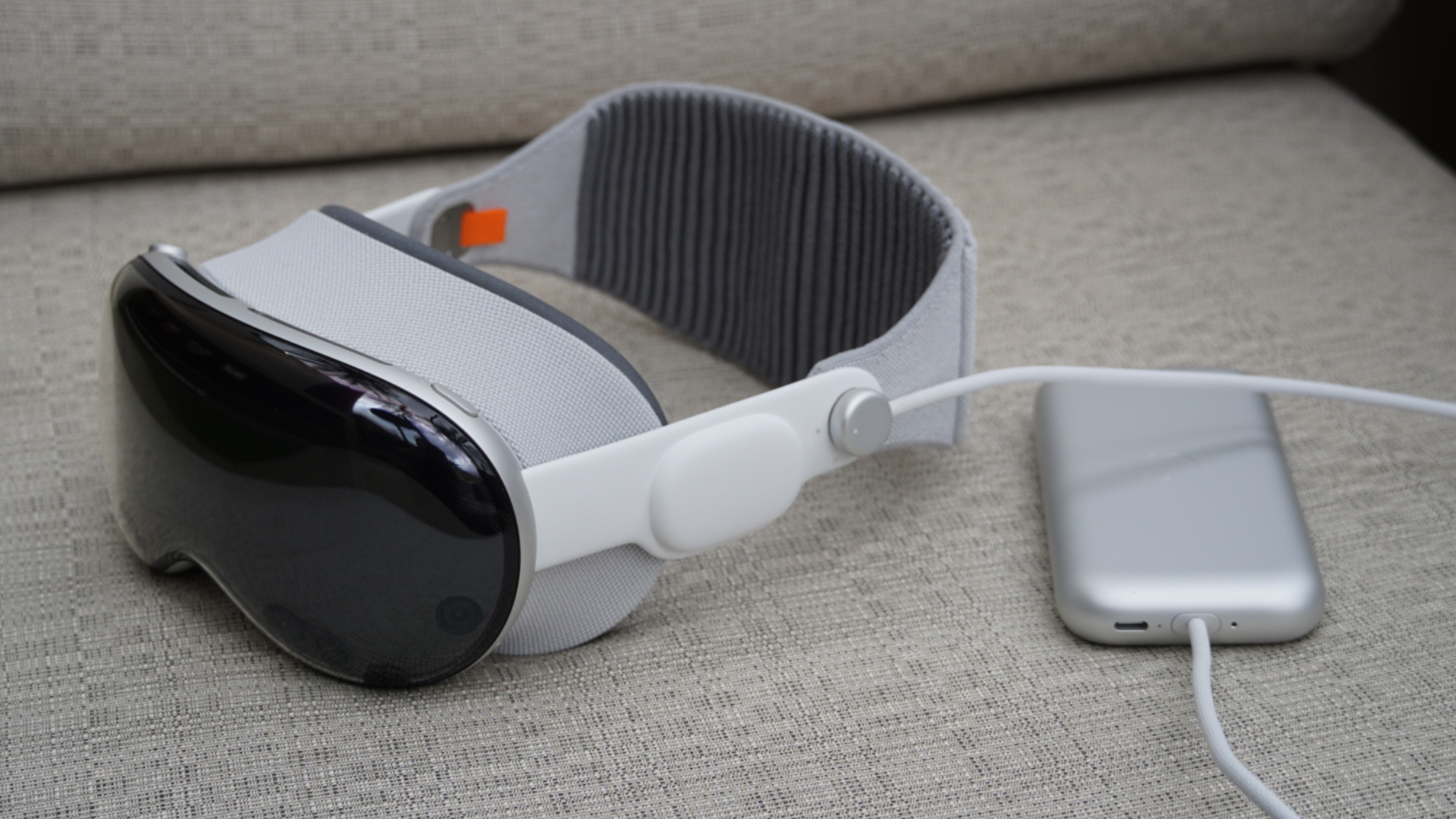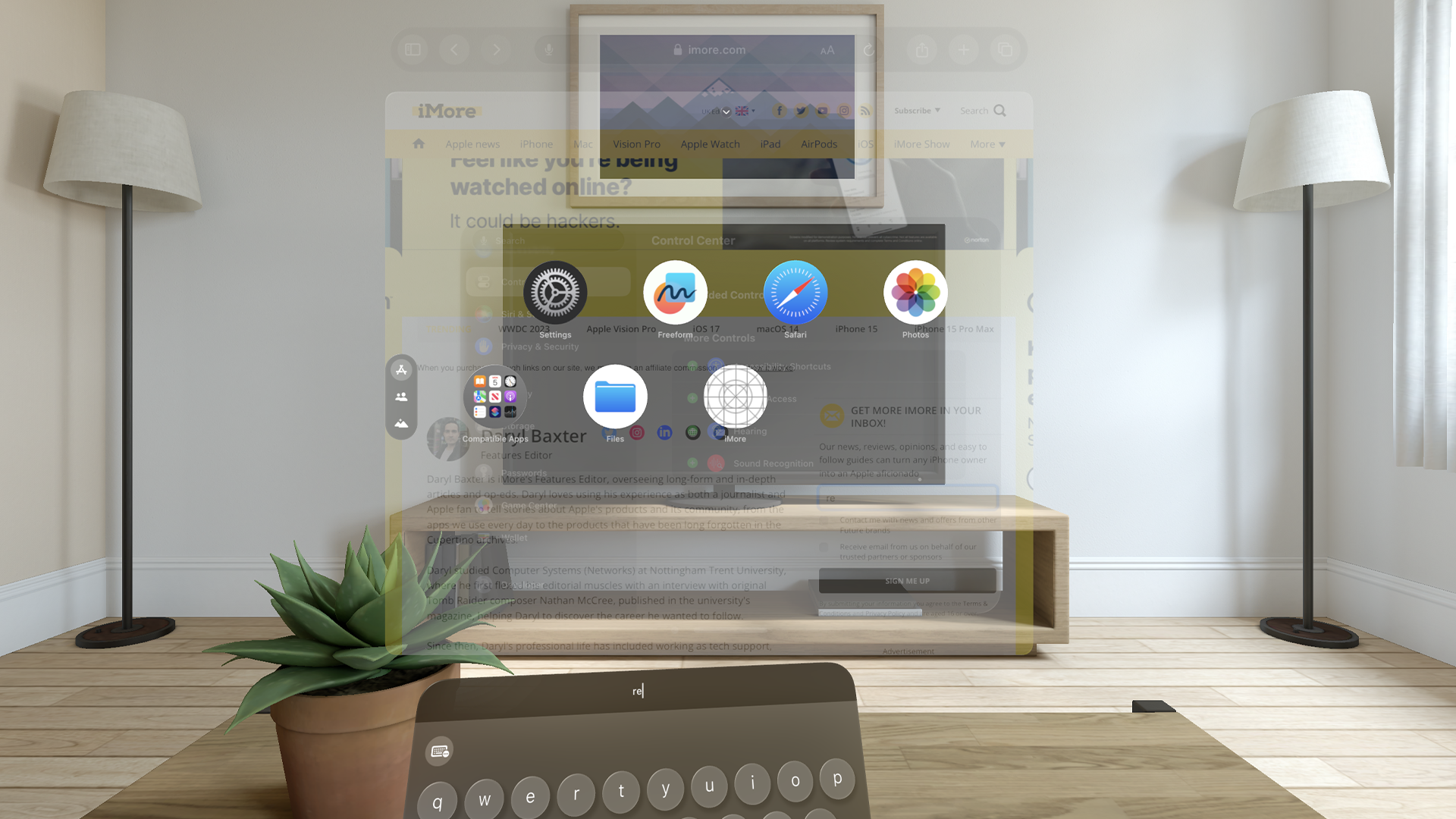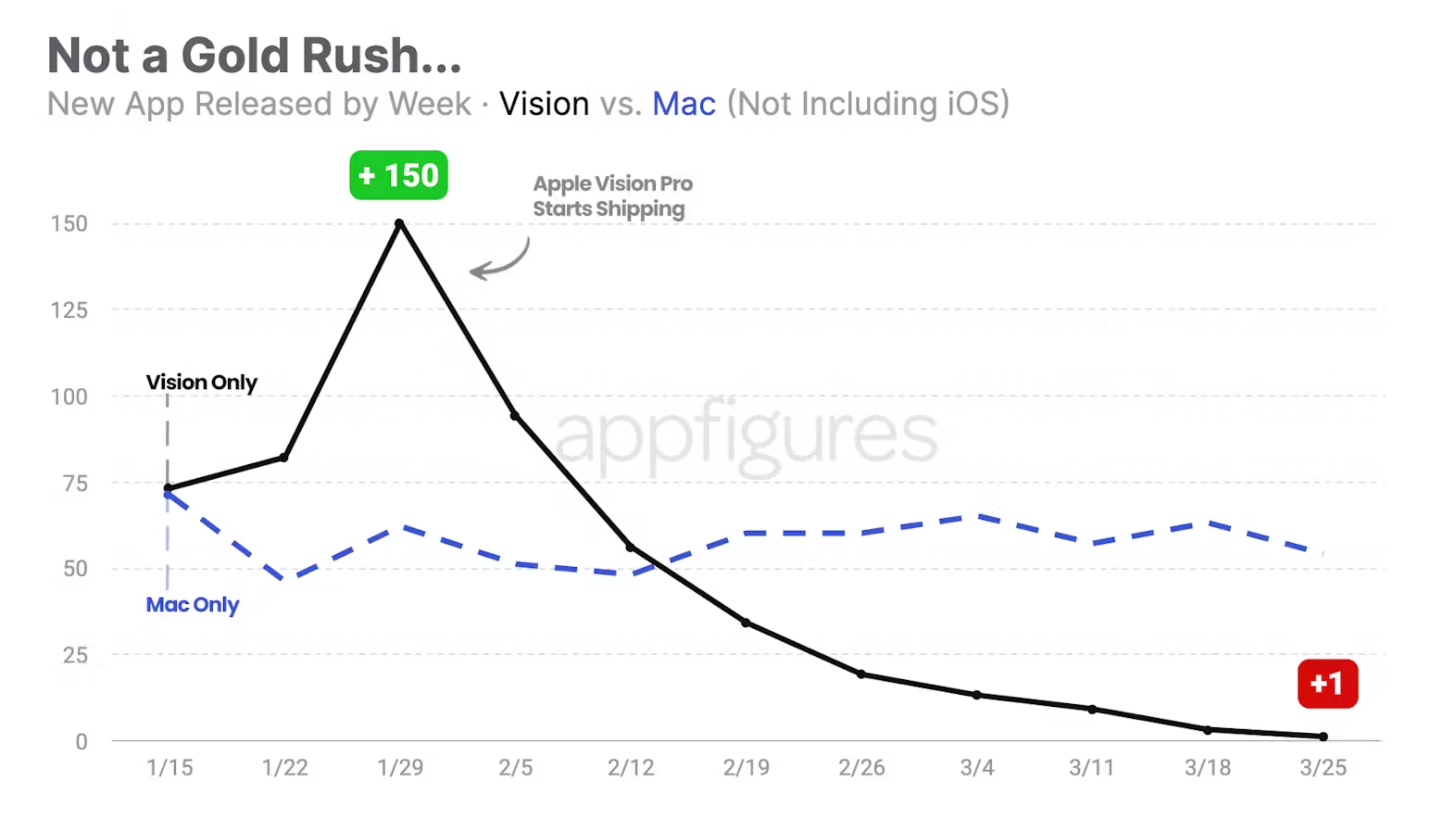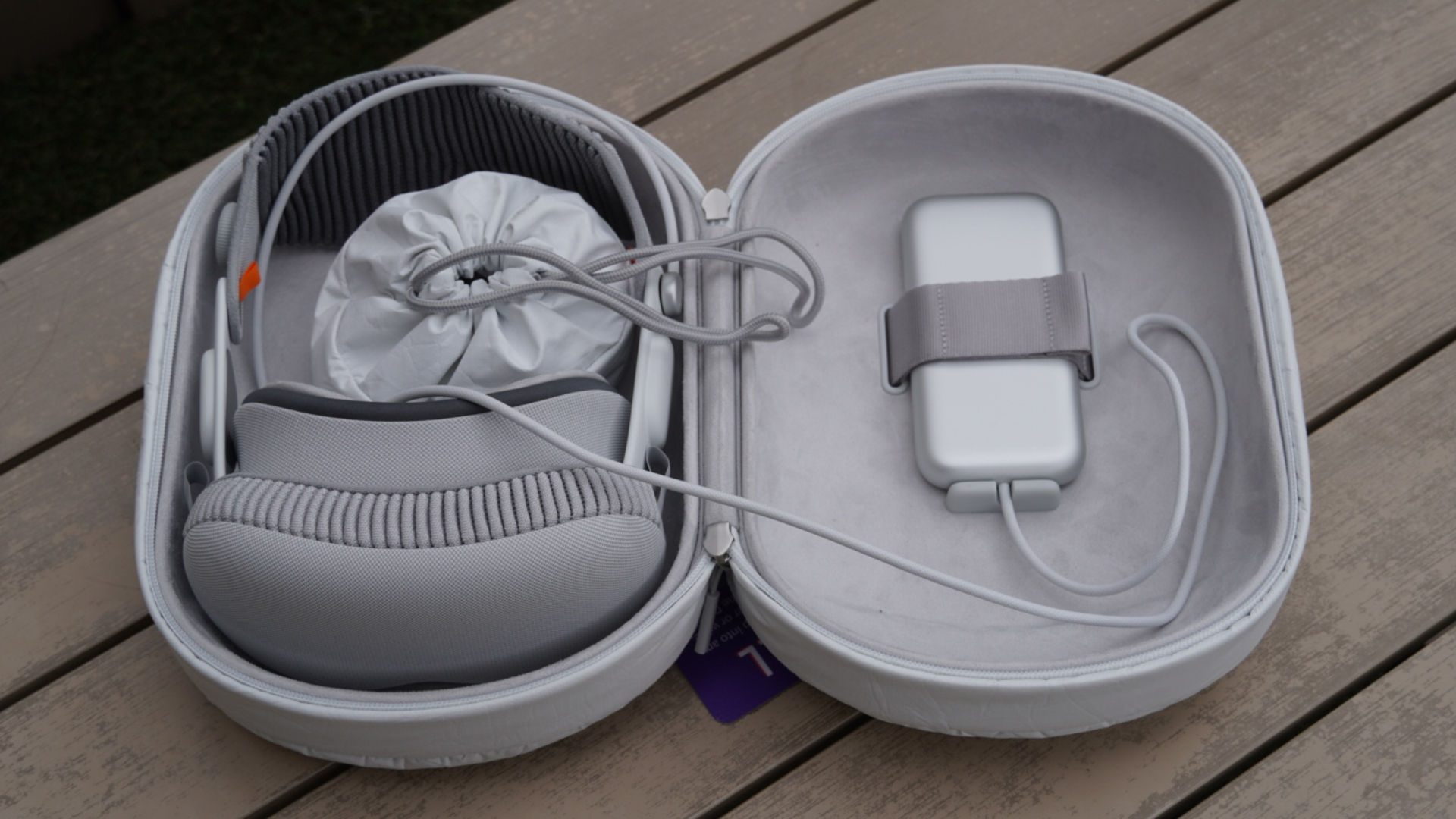When Apple launched its first-ever VR headset this yr bringing a $3,499 price ticket in tow, the expectation was that it might be a distinct segment product. Nonetheless, regardless of an early surge in gross sales within the early days of Apple Imaginative and prescient Professional, the headset’s launch managed to underwhelm. This week, Apple analyst Ming-Chi Kuo reported that the corporate minimize Imaginative and prescient Professional shipments by about 300,000 models and a 2025 refresh may very well be in jeopardy.
It is the most recent hit to Imaginative and prescient Professional, and could be one of many first tangible indications that the headset is in hassle. Beforehand, there gave the impression to be a basic lack of public curiosity associated to Imaginative and prescient Professional, with YouTube movies concerning the machine flopping and a few shops reportedly promoting just a few models every week. However what do declining gross sales figures and scarce enthusiasm imply for the way forward for Apple Imaginative and prescient Professional?
As an early adopter, I realized firsthand simply how bizarre Imaginative and prescient Professional was as a first-gen product. Strolling into an Apple Retailer about eight hours after the situation opened on launch day within the U.S., there have been no issues shopping for a headset. Apple workers advised me that whereas Mild Seal and Cushion configurations won’t be in inventory, there have been loads of Imaginative and prescient Professional models to go round. I’ve had extra hassle choosing up an iPad mini on launch day than when buying Apple’s first new product in almost a decade.
I bought Imaginative and prescient Professional understanding that there was one massive uncertainty associated to the headset: software program and app assist. That is nonetheless my concern, not declining gross sales. Nevertheless, Apple will not cruise to a victory within the VR/AR market. Meta is a drive, combining reasonably priced {hardware} with a software program technique that parallels that of Home windows. Imaginative and prescient Professional is not a failure but, however Apple cannot cease making it higher and empowering builders to create nice visionOS apps if it needs to beat Meta.
We by no means anticipated Imaginative and prescient Professional to promote a ton of models

First, it is vital to place our expectations in context. With the headset costing greater than a used automobile, nobody thought that Apple Imaginative and prescient Professional would begin off placing up iPhone, iPad, or Apple Watch numbers. In reality, it was possible that Imaginative and prescient Professional would not promote greater than the Meta Quest 3, both — you possibly can purchase seven Quest 3 headsets for a similar worth as one Imaginative and prescient Professional.
Apple’s technique right here was clearly to begin off with a premium, high-end machine and finally convey that right down to consumer-level merchandise over time. It might be semantics, however Apple Imaginative and prescient Professional would recommend that a typical Apple Imaginative and prescient will come sometime.
Nonetheless, it is not possible to disregard simply how low gross sales numbers are for Apple Imaginative and prescient Professional have been to date. Kuo’s report says that Apple “minimize its 2024 Imaginative and prescient Professional shipments to 400-450k models (vs. market consensus of 700-800k models or extra).” For perspective, the first-ever iPhone offered roughly 270,000 throughout launch weekend. Whereas the iPhone wasn’t as costly as Imaginative and prescient Professional, it did value about $750 after accounting for inflation, which was quite a bit to ask for a cellphone in 2007. It nonetheless went on to promote over six million models.
The elephant within the room is Meta, which is unmistakably thriving. An earnings report launched in February 2024 revealed that the Quest 3 possible offered between 900,000 and 1.5 million models in its first quarter. Apple is not one to fret about opponents, but it surely ought to completely regulate Meta.
As an early adopter, I am anxious concerning the App Retailer — not declining gross sales

Meta is succeeding the place Apple is failing, and that is in software program. Imaginative and prescient Professional launched with about 600 native visionOS apps, with assist for hundreds extra iPadOS apps as properly. Nevertheless, app growth has slowed to a crawl in latest weeks. Simply check out this chart from Appfigures displaying the variety of visionOS vs. macOS apps added to the App Retailer over time:

That is what considerations me as an early Imaginative and prescient Professional adopter. I knew there could be restricted apps at launch, however I am unable to say I anticipated the state of affairs to be precisely the identical months later. I additionally did not anticipate Apple to overlook about Imaginative and prescient Professional. Greater than two months after launch, there are nonetheless two visionOS Environments that are not out there and no new immersive experiences have arrived. There are nonetheless a handful of first-party Apple apps that do not run as native visionOS apps. If Apple does not care about creating for visionOS, why ought to third-party builders?
Meta is not far forward of visionOS within the uncooked variety of supported apps; the Meta Quest Retailer and the Quest App Lab have over a thousand apps every. That is greater than the visionOS App Retailer, however is not all that spectacular contemplating the top begin Meta and Quest have had.
Nevertheless, with Meta’s latest announcement that it plans to license Horizon OS — the working system that powers Quest headsets — to 3rd events, the corporate’s technique turns into clear. Meta needs to place Quest headsets on as many faces as potential. And if it will possibly’t, Meta will do the following smartest thing, which is getting Horizon software program on third-party headsets. It is the polar reverse of Apple’s technique, however will it work?
It is not possible to rely out Apple this early within the firm’s mixed-reality push. Keep in mind, Android is an open platform identical to Horizon OS might be, and Apple nonetheless discovered dominance with closed ecosystems in iOS and the iPhone. There isn’t any purpose Apple cannot do it once more with visionOS and Imaginative and prescient Professional.
Apple is in ‘Imaginative and prescient’ for the lengthy haul

It is easy to get caught up within the detrimental hype round Imaginative and prescient Professional, but it surely’s far too early to deem the headset a failure. Earlier than shopping for the $3,500 headset, I used the first-generation iPad and Apple Watch, and each of these merchandise suffered from most of the identical points as Imaginative and prescient Professional does as we speak. Each of these merchandise additionally grew to develop into commanding forces of their respective classes.
Apple is not afraid to cancel tasks that it is not completely dedicated to, regardless of the loss. It canned the Apple Automotive mission after a decade and about $10 billion in analysis and growth prices. And but, Apple Imaginative and prescient Professional made it to launch. That alone ought to inform you that Apple is all-in on mixed-reality {hardware}, no matter how the primary era of Imaginative and prescient Professional goes.











Leave a Comment